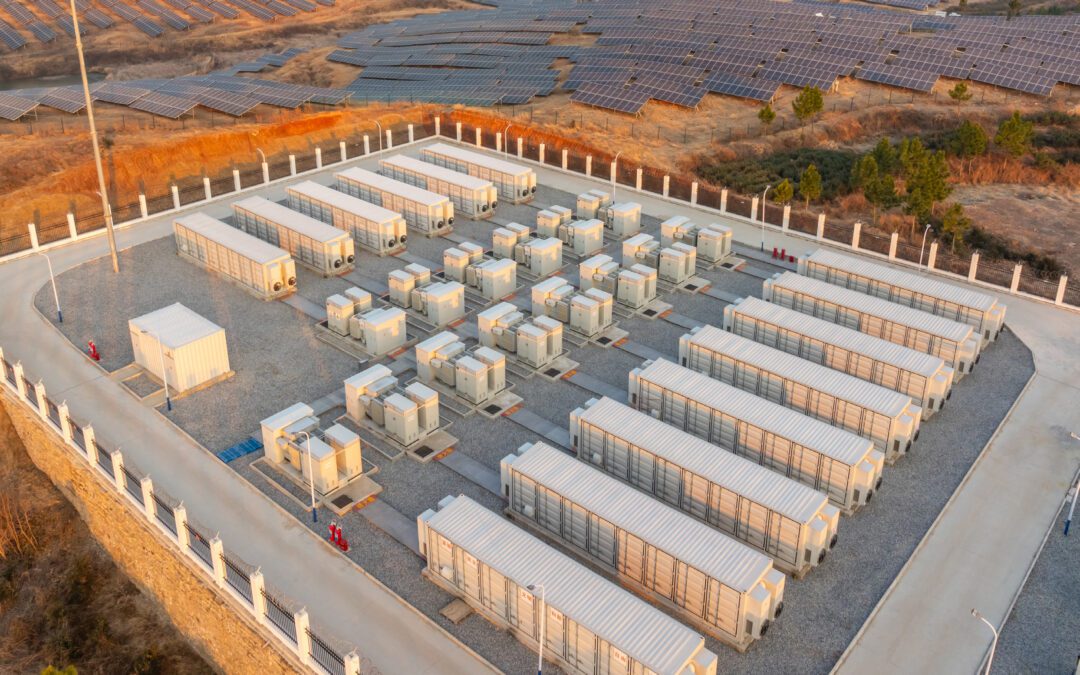Own a building and adding solar? Or, your building owner wants to simply add your solar array to their building’s insurance? Don’t do it and here is why…
SCENARIO: There is common ownership of the building and the roof mounted solar being installed or already installed. Should I just add the solar array to my building’s existing P&C policy?
RISK MANAGER’S RECOMMENDATION: While it is tempting and perhaps seemingly easier to simply add your roof mounted system to your existing building insurance P&C policy, there are many reason why this is NOT good risk management. I recently had a conversation with Christina Tom, VP at a reputable renewable energy insurance carrier. The following outlines our compiled list of reasons why a solar developer should purchase their own separate insurance policy. I have also included an outline of improved coverage unique to your solar insurance carrier that your building’s insurance carrier typically can’t match:
COVERAGE RATIONAL:
LEG II coverage:
- The solar policy form covers consequential resultant damage resulting from faulty workmanship, design or defective part
Escalation Clause:
- Solar policy property forms can cover 125% of the value stated on the Statement of Values (SOV) in the event the gross profit or replacement value is more than what’s shown on the SOV.
Mechanical Breakdown:
- Coverage for Mechanical or Electrical Breakdown. Some P&C Carriers exclude this peril from their policy form.
Loss of Revenue:
- The solar carrier can cover loss of income resulting from interruption from construction or while in operation.
- The solar carrier can also cover Contingent Business Interruption in the event a non-owned substation, electrical distribution line or transmission facility is damaged. Contingent Business Income can also be provided if your off-taker in a Power Purchase Agreement is destroyed by a fire and does not need electricity while being rebuilt.
Definition of Property:
- Unlike most generic property policies, a solar carrier’s definition of “Property” has been tailored to specifically meet their insureds’ solar needs. The property definition is a broad and comprehensive definition to encompass all components of a solar project.
Construction, Operational, Liability (Umbrella & GL):
- The solar carrier can cover the insured’s solar projects while under construction and in operation. This is a seamless approach that covers the panels from beginning to end. In addition to property coverage, the carrier is able to offer GL and Umbrella options to complete the package.
Additional Coverages:
- Leased Equipment Rental costs
- Offsite Property
- Pollutant Cleanup & Removal
- Transit
- Debris Removal
- Accounts Costs / Professional Services / Legal Costs
- Local Authorities Clause
- Newly Acquired
- Architects, Surveyors
- Demolition and Increased Cost of Construction
- Expediting Expenses
- Documents and Computer Records
CLAIMS HANDLING RATIONAL: Renewable energy is a solar carrier’s niche. Their claims adjusters are experts in the industry and know how to handle the specific nuances of renewable energy claims. Most P&C claims adjusters do not have the expertise or experience in adjusting solar claims, leaving the insured anxiously waiting for payment.
PRICING RATIONAL: The property rate provided by some of these unique renewable energy carriers is often times 10% – 20% more competitive than rates offered through traditional property and real estate carriers. This becomes increasingly accurate when putting together larger, growing schedules of locations.
SELECTING THE RIGHT BROKER: Working with not just any insurance broker, but specifically a renewable energy broker is extremely important for growing renewable energy business. These brokers understand which markets are renewable energy specific carriers with the capability to provide the unique coverage outlined above. These brokers also likely already have the best relationships with the specialty markets due to the high level of aggregated premium they’ve placed with the carrier already. Lastly, knowing the right markets and understanding the renewable energy business allows the renewable energy broker to better present an account to their carriers. The results are optimized coverage and pricing.
CONCLUSION: Bottom line, insureds seeking to start or grow their renewable energy business need to partner with a carrier AND insurance broker who understand the unique exposures associated with renewable energy.
For more information on how to obtain coverage from a renewable energy specific carrier, please contact the renewable energy risk managers at RenewableGuard.com
This article was published by Michael Cosgrave, CRM, CIC. Michael is a Certified Risk Manager for the Renewable Energy Industry and manages the insurance services offered through RenewableGuard. Michael is also the nationally endorsed insurance broker for a highly effective and encompassing multi-line renewable energy industry coverage program.











